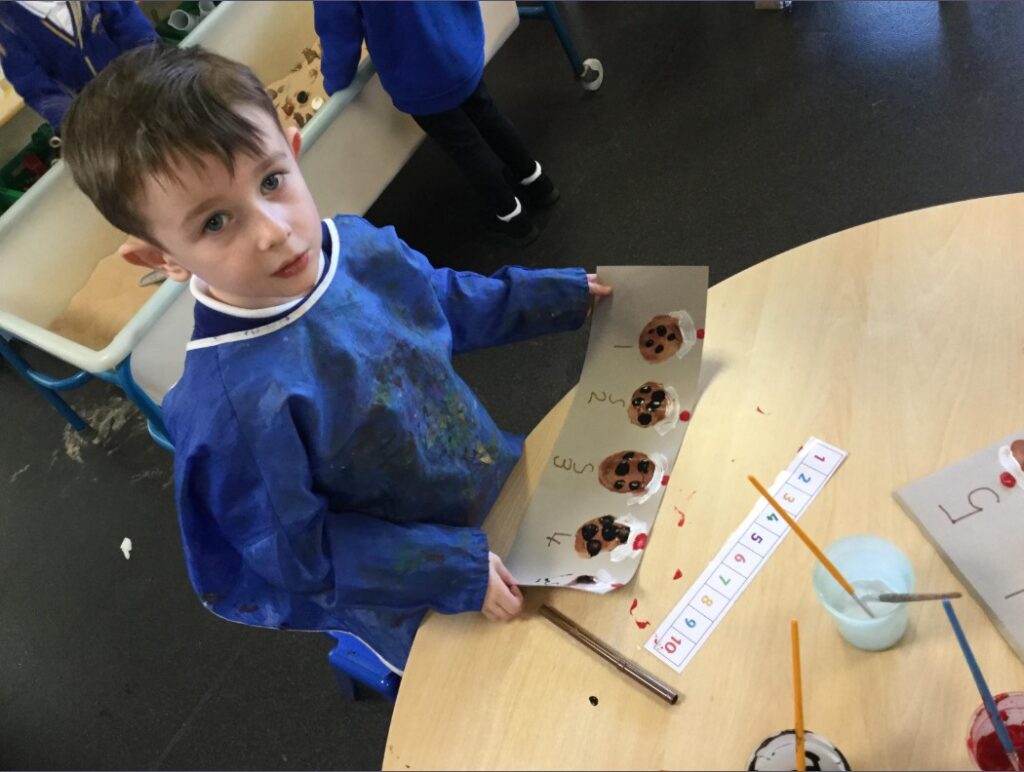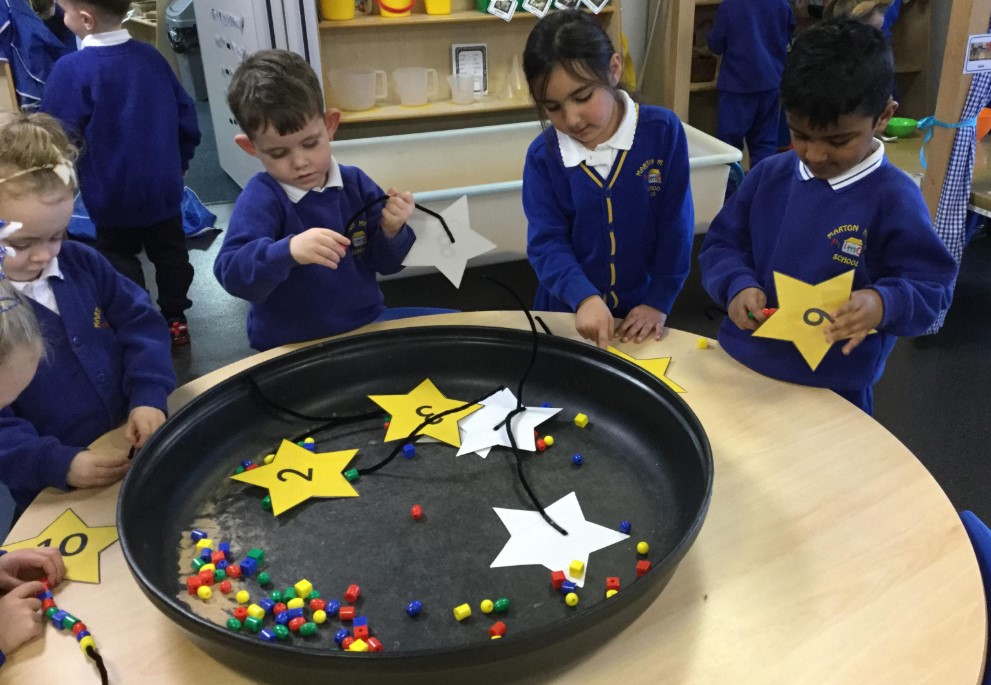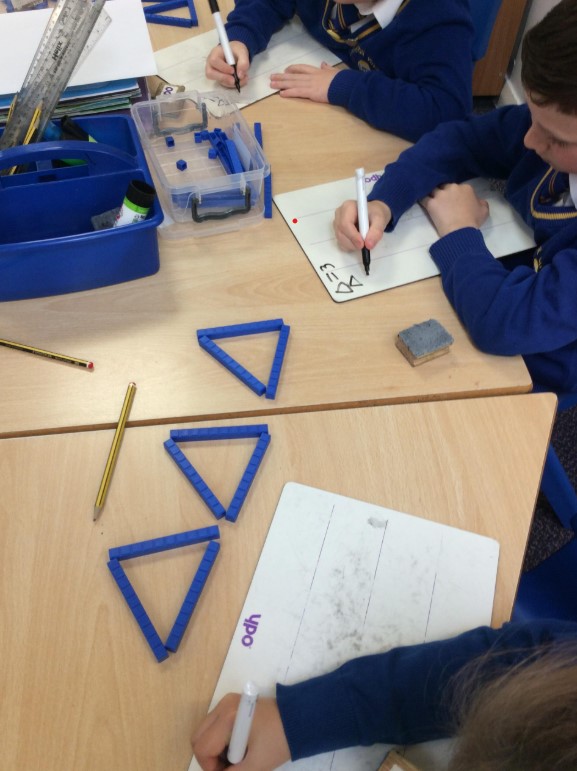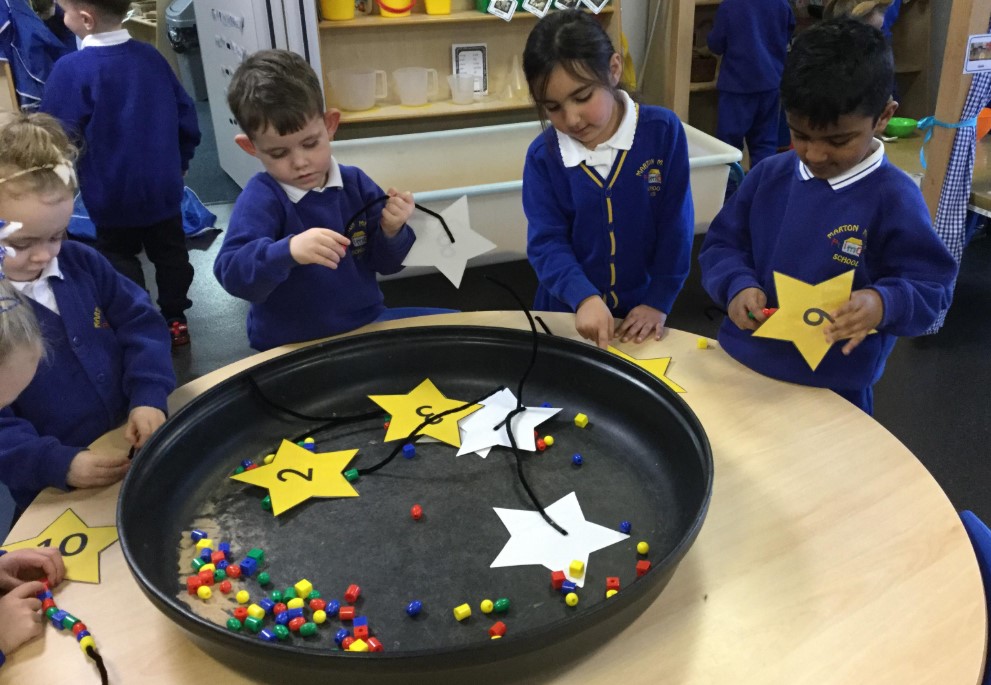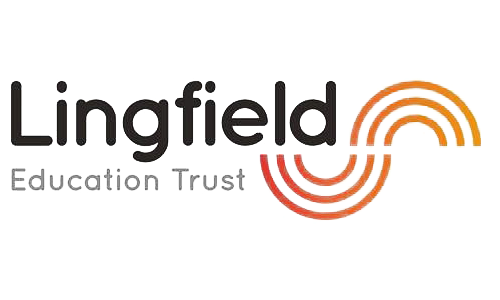All of our children can be mathematicians!
At Marton Manor, we believe that every child is a mathematician.
We have high expectations that all pupils can and will achieve in Maths.
Our intent for our mathematics curriculum
- All children to become fluent mathematicians who understand the relative size of numbers at all levels and are able to move fluently between operations and representations;
- Our children to be confident, resilient mathematicians with a “can do” attitude, who enjoy the subject;
- All children to be secure in the key age related expectations, building on their learning progressively from year to year;
- We intend for all our children to reach the expected standards at the end of each key stage, and exceed them where possible;
- Children to have the ability to confidently solve problems through decision-making and reasoning in a range of contexts;
- Children to understand the importance of mathematics in everyday life and that it underpins all subjects;
- Children to be equipped for the next stage of education, work and life.
Impact of our mathematics curriculum
All pupils
- develop a positive attitude towards mathematics;
- are resilient when faced with the unknown and therefore develop a growth mind-set as opposed to fixed;
- make rich connections across mathematical ideas to develop fluency, mathematical reasoning and competence in solving increasingly sophisticated problems;
- are curious, explore patterns and explain their reasoning through rich mathematical discussion with their peers;
- find more ‘elegant’ ways of solving problems;
- build up a wide range of mathematical vocabulary to use across all subject areas.
The Mastery Approach at Marton Manor
Throughout the school, we use a mastery approach to teaching and learning which meets the aims and objectives of the National Curriculum. Mastering Maths means pupils acquire a deep, long-term, secure and adaptable understanding of the subject.
The school uses the concrete – pictorial – abstract approach to help pupils develop a deep understanding of maths. Concrete manipulatives are used throughout the key stages, with all abilities and all ages, so pupils are given the tools to understand the problem in front of them. It helps learners to be more secure in their understanding, they are given the opportunity to discover new ideas and spot the patterns, which will help them reach the answer, and it gives pupils a firm foundation for future learning. Pupils then build on this concrete approach by using pictorial representations. These representations can be used to reason and solve problems. With the foundations firmly laid, pupils can then move to an abstract approach using numbers and key concepts with confidence. There won’t necessarily be a linear progression from concrete to pictorial to abstract but instead a cyclical approach will be applied e.g. when a pupil has worked out the answer using an abstract method, they could be asked to use concrete manipulatives to convince others that they are correct.
The school uses this concrete – pictorial – abstract approach to promote and develop children’s fluency, reasoning and problem solving and to help all children deepen their understanding of concepts.
“It’s not that I’m so smart, it’s just that I stay with problems longer.” – Albert Einstein
| Maths Documents | Link |
| Curriculum Overview including NC coverage and progression of skills | View |
| Nursery Curriculum Sequences | View |
| Reception Curriculum Sequences | View |
| Year 1 Curriculum Sequences | View |
| Year 2 Curriculum Sequences | View |
| Year 3 Curriculum Sequences | View |
| Year 4 Curriculum Sequences | View |
| Year 5 Curriculum Sequences | View |
| Year 6 Curriculum Sequences | View |

